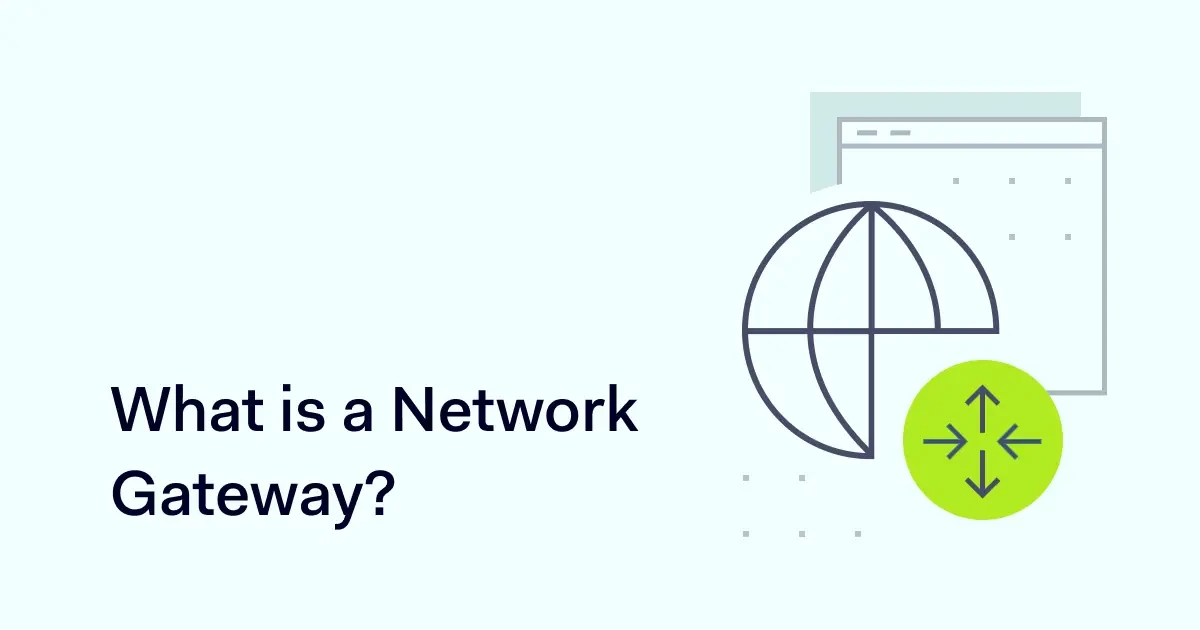A gateway is a network node used in telecommunications that connects two networks.
A gateway is a network node used in telecommunications that connects two networks with different transmission protocols. Gateways serve as a network entry and exit point, as all data must pass through or communicate with the gateway before being routed. In most IP-based networks, the only traffic not going through at least one gateway is traffic flowing among nodes on the same local area network (LAN) segment. The term default gateway or network gateway may also describe the same concept.
The primary advantage of using a gateway in personal or enterprise scenarios is simplifying internet connectivity into one device. In the enterprise, a gateway node can also act as a proxy server and a firewall. Gateways can be purchased through popular technology retailers like Best Buy or rented through an internet service provider.
How gateways work
All networks have a boundary that limits communication to devices that are directly connected to it. Therefore, if a network wants to communicate with devices, nodes, or networks outside of that boundary, it requires the functionality of a gateway. A gateway is often characterized as a combination of a router and a modem.
The gateway is implemented at the edge of a network and manages all data directed internally or externally from that network. When one network wants to communicate with another, the data packet is passed to the gateway and then routed to the destination through the most efficient path. In addition to routing data, a gateway will also store information about the host network’s internal paths and the paths of any additional networks that are encountered.
Gateways are protocol converters, facilitating compatibility between two protocols and operating on any open systems interconnection (OSI) model layer.

Cloud storage gateways—This type translates storage requests into various cloud storage service API calls. It allows organizations to integrate storage from a private cloud into applications without migrating to a public cloud.
API, SOA, or XML gateways – This type manages traffic flowing into and out of a service, microservices-oriented architecture, or XML-based web service.
IoT gateways- This type aggregates sensor data from devices in an IoT environment, translates between sensor protocols, and processes sensor data before sending it onward.
Media gateways- This type converts data from the format required for one type of network to the format required for another.
Email security gateways– This type prevents the transmission of emails that break company policy or will transfer information with malicious intent.
VoIP trunk gateways- This type facilitates using plain old telephone service equipment, such as landline phones and fax machines, with a voice-over IP (VoIP) network.
Difference between a gateway and a router
Gateways and routers are similar in that they can regulate traffic between two or more separate networks. However, a router joins two similar types of networks, and a gateway joins two dissimilar networks. Dissimilar could describe networks that use different primary protocols.
Due to this logic, a router may be considered a gateway, but a gateway is not always considered a router. Routers are the most common gateway to connect a home or enterprise network to the internet.





